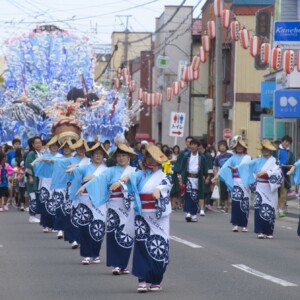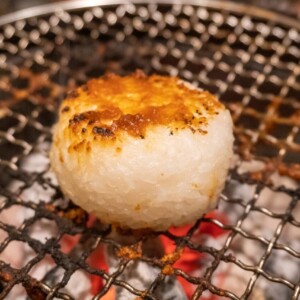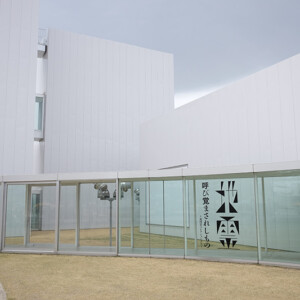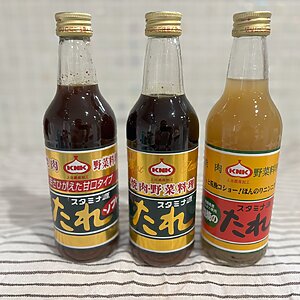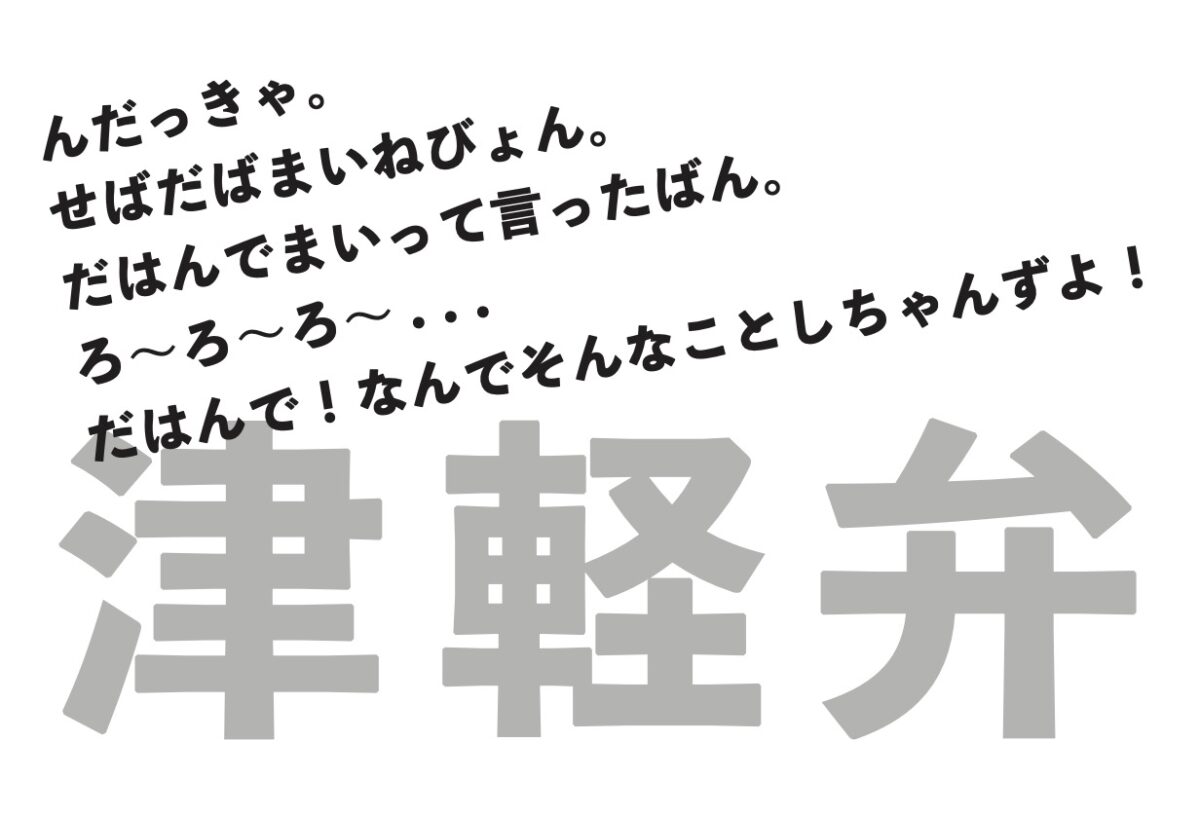
The "endings" of Aomori's Tsugaru dialect are interesting! Explaining the quirks and meanings of the dialect commonly used by locals [A must-see for dialect lovers]
table of contents
" I don't understand what Tsugaru dialect is saying! " But if you listen carefully, you'll find that the charm of Tsugaru dialect is that the endings are packed with humor and kindness.
This time, we will focus on the endings of Tsugaru dialect, which are used daily in the Tsugaru region of Aomori Prefecture, and introduce their meanings and usage
In the previous article, we provided an in-depth explanation of the onomatopoeia used in the Tsugaru dialect. If you read this article as well, you will be able to experience the charm of the Tsugaru dialect even more
The endings of Tsugaru dialect are very unique!
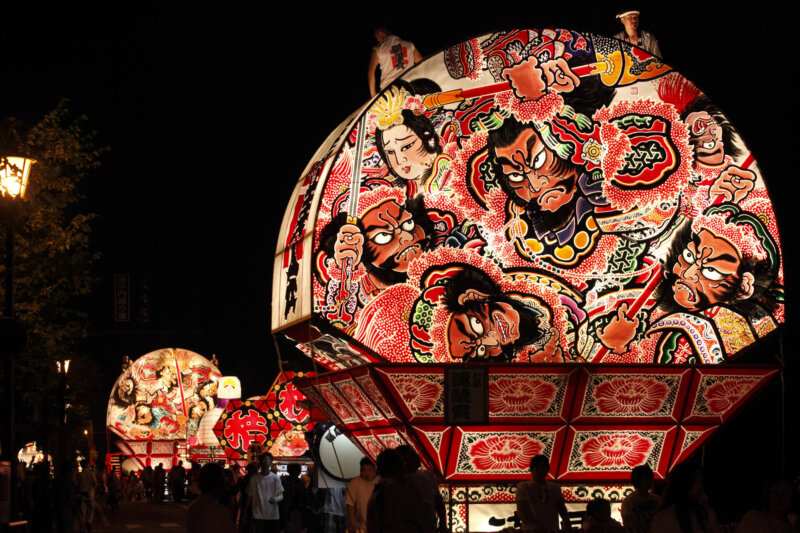
Conveying emotions and feelings through the ending of words
In Tsugaru dialect, the speaker's emotions and the tone of the speech naturally come through in the endings of words. Even short endings such as "-be" and "-ro" can have a huge range of effects, from being friendly to emphasizing. Sentence endings, which tend to sound monotonous in standard Japanese, add spice to conversations in Tsugaru dialect
Combined with intonation, it creates a "Tsugaru-esque" feel
The interesting thing about Tsugaru dialect is not just the sound of the endings. People who don't understand Tsugaru dialect might think it sounds strange, but the inflection, rhythm, and intonation unique to each region add to the flavor of the words. Even if you know the words, if the intonation is different the meaning may not be conveyed. You can't understand the true meaning of Tsugaru dialect endings unless you actually hear and use them
Introducing commonly used Tsugaru dialect endings and their meanings
【〜be】
meaning
"~be" is widely used from Tohoku to Hokkaido, so I'm sure many people know what it means. However, in Tsugaru dialect, "~be" is used in many different situations, and the meaning can vary greatly depending on the nuance. It basically means "I guess so," but it can also be used to make guesses or solicitations
Example sentences
- "Ikugube" (Let's go) (I'll go, right?) *Different pronunciations
- "Ikube? (Interrogative form with a rising tone at the end)" (You're going, right?)
[~kkya]
meaning
"-kya" is a suffix unique to Tsugaru dialect. It is also highly versatile and is used in a variety of situations, but its meaning varies depending on the nuance and context. It can be used to ask for agreement, emphasize a word, or draw attention
Example sentences
- "I said I was going to go there today"
- "I told you I was going there today!" (I told you I was going there today!) *If said in a harsh tone, it can also mean a warning
- "Ndakkya" (That's right)
[~Byon]
meaning
I think "byon" is one of the reasons why Tsugaru dialect sounds like French. They always say "byon byon," and they speak quickly and without opening their mouths, so it sounds French. It's used not only for speculations and questions, but also for assertive expressions
Example sentences
- "I went to school today" (I think I went to school today)
- "Seba daba mai nebyon" (That's no good, right?)
[~ban]
meaning
"-ban" has the meaning of emphasizing, agreeing, and affirming. This ending is also used by the younger generation, and can be said to be a fairly popular ending. Its usage is probably closest to the standard Japanese ending "-jan."
Example sentences
- "You went there today! Did you forget?"
- "I told you it was no good (stronger ending)" (I told you it was no good)
【~reactor】

meaning
"~ro" is used when calling attention to something or making a strong assertion about something. "Ro" itself has the nuance of "See, I saw it," so it can be used not only as an ending, but also on its own. "Ro!" means "See!", and using just "ro~" can mean "See, I saw it."
Example sentences
- "You'll get run over by a car!"
- "I told you it was dangerous, see?"
- "Ro-ro-ro-ro" (Oh no, I've done it. At this point something has happened or is being called to attention.)
[Handle]
meaning
"Hande" has different meanings depending on whether it is attached to the end of a word or used at the beginning of a sentence. When it is attached to the end of a word with a falling tone, it means "because ~ (action)" or "because ~ (reason)." On the other hand, when it is used at the beginning of a sentence, it means "because!"
Example sentences
- "I just hung out the laundry"
- "It's hot today, so I'll wear short sleeves."
- "So why are you doing that?!"
Can people understand each other just by using the ending of a word? A common conversation in Tsugaru
The range of emotions conveyed in the endings of words is amazing
The meaning of Tsugaru dialect endings changes dramatically depending on the tone of voice, the timing, and the tone of the voice. The same "yukigube" can be used to express determination when used strongly, or to express doubt or hesitation when used weakly. The amazing thing about the locals is that they intuitively understand how to use these different nuances
If you don't know, you'll be misunderstood. If you know, you'll feel closer to it
To those hearing it for the first time, some expressions may make you wonder, "Are they angry?", but if you know their meaning, they are accepted as a warm and humorous part of the culture. By understanding the dialect, you can experience the depth of Tsugaru dialect and the warmth of the people
summary
Tsugaru dialect endings are not simply the end of a word. They are filled with the rhythm of life rooted in the land, the sense of distance between people, and a richness of emotion. They may sound unfamiliar at first, but as you learn them little by little, you will discover their appeal. If you are traveling to Aomori, be sure to pay attention to the endings




![[Aomori Prefecture] It's not just food! Tohoku's dazzling craftsmanship! 5 craft souvenirs to choose from 1 Tsugaru lacquerware](https://jp.neft.asia/wp-content/uploads/2021/11/832bdccffb961dac52ac9e3b69594280-150x150.jpg)
![[Yamagata Prefecture] I went to the Hanagasa Festival! A photo book and an introduction to Yamagata Prefecture's festivals that you can still enjoy PXL_20220805_072112438.MP](https://jp.neft.asia/wp-content/uploads/2022/08/PXL_20220805_072112438.MP_-150x150.jpg)
![The well-known children's song was born in Fukushima! A deep look into the thoughts behind the lyrics and composition [Fukushima Prefecture] ChatGPT Image July 14, 2025 14_24_04](https://jp.neft.asia/wp-content/uploads/2025/07/30ae0dd891c7824801c92cf1cdc72607-2-150x150.jpg)

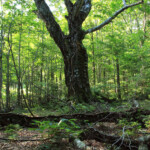

![[Miyagi Prefecture] Learn the Miyagi dialect! "Dakara" (so), "Ikinari" (suddenly), "Good morning socks"? Good morning socks](https://jp.neft.asia/wp-content/uploads/2023/09/fashion_kutsushita_ana-150x150.jpg)


